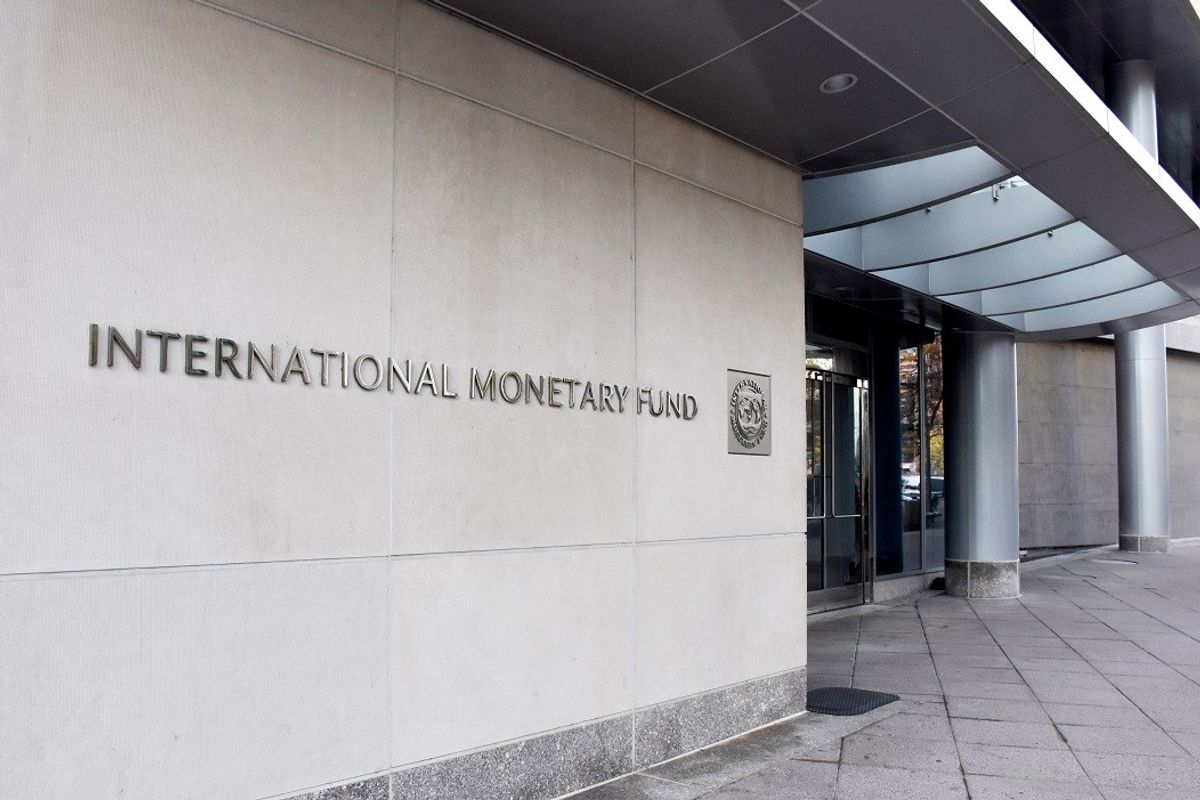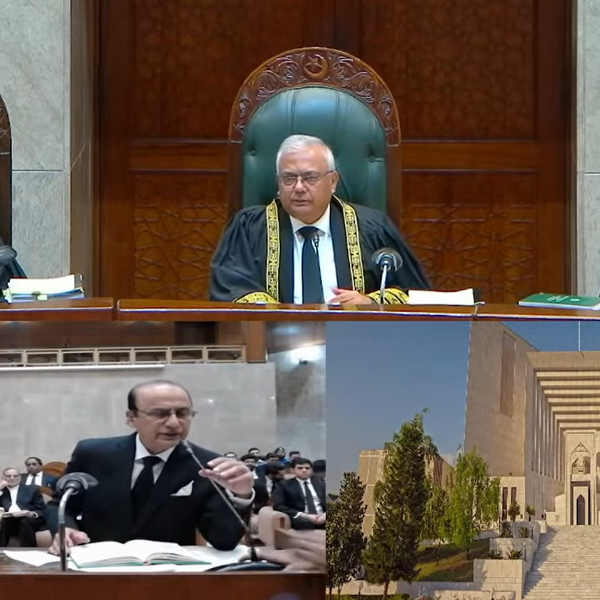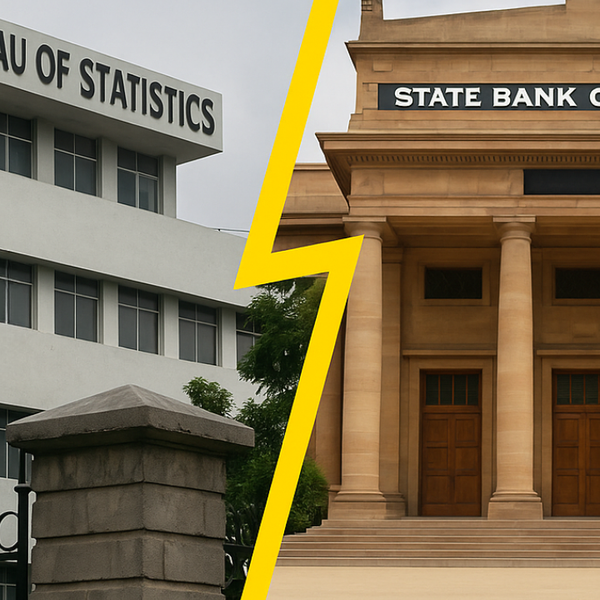IMF eases Pakistan’s tax target by PKR 150 billion
Adjustment follows flood-related economic losses

Haris Zamir
Business Editor
Experience of almost 33 years where started the journey of financial journalism from Business Recorder in 1992. From 2006 onwards attached with Television Media worked at Sun Tv, Dawn Tv, Geo Tv and Dunya Tv. During the period also worked as a stringer for Bloomberg for seven years and Dow Jones for five years. Also wrote articles for several highly acclaimed periodicals like the Newsline, Pakistan Gulf Economist and Money Matters (The News publications)

The International Monetary Fund (IMF) has agreed to reduce Pakistan’s tax collection target by PKR 150 billion instead of demanding new taxes, a move expected to spare the public from additional fiscal pressure, official sources said Thursday.
According to officials familiar with the discussions, Pakistan successfully persuaded the IMF to ease its revenue expectations in light of the devastating floods that caused widespread economic losses across the country.
The Federal Board of Revenue (FBR)’s collection target for the current fiscal year (FY26) has now been set at PKR 13.981 trillion, down from PKR 14.131 trillion.
The agreement followed a new round of talks between Pakistani authorities and IMF officials, during which both sides finalized adjustments to the Memorandum of Economic and Financial Policies (MEFP). “The reduction in the tax target by PKR 150 billion marks a significant achievement for Pakistan,” a senior government source told reporters.
Meanwhile, the FBR fell short of its revenue collection target by PKR 199 billion in FY26’s first quarter (July-September), mainly due to lower domestic sales tax receipts and reduced revenue from utility bills.
Provisional figures released showed that the FBR collected PKR 2.884 trillion during the quarter, against a target of PKR 3.083 trillion. Despite the shortfall, the collection represented a 13% increase from PKR 2.558 trillion recorded during the same period last year.
The gap was most pronounced in September, when revenue reached PKR 1.228 trillion, PKR 155 billion below the monthly target of PKR 1.384 trillion. Even so, September’s receipts were 11% higher than the PKR 1.105 trillion collected in September FY25.
Officials attributed the decline in domestic sales tax to multiple factors, including slower business activity following floods, reduced taxable utility consumption, and a growing shift toward solar energy.
Persistent power outages have also weighed on tax collected through electricity and gas bills.
Sources noted that the IMF expects Pakistan to raise its tax-to-GDP ratio to 11% to strengthen fiscal stability.
Failure to meet this target could lead to additional economic challenges and renewed pressure for further fiscal measures in the coming months.
An analyst said that the IMF’s flexibility reflects its recognition of Pakistan’s difficult economic circumstances following the floods.
“This adjustment provides short-term relief to the public and the government, but the structural challenge remains,” he said.
“Pakistan must broaden its tax base, particularly in the retail and agricultural sectors, to ensure sustainable fiscal health and reduce reliance on IMF concessions in the future.”










Comments
See what people are discussing